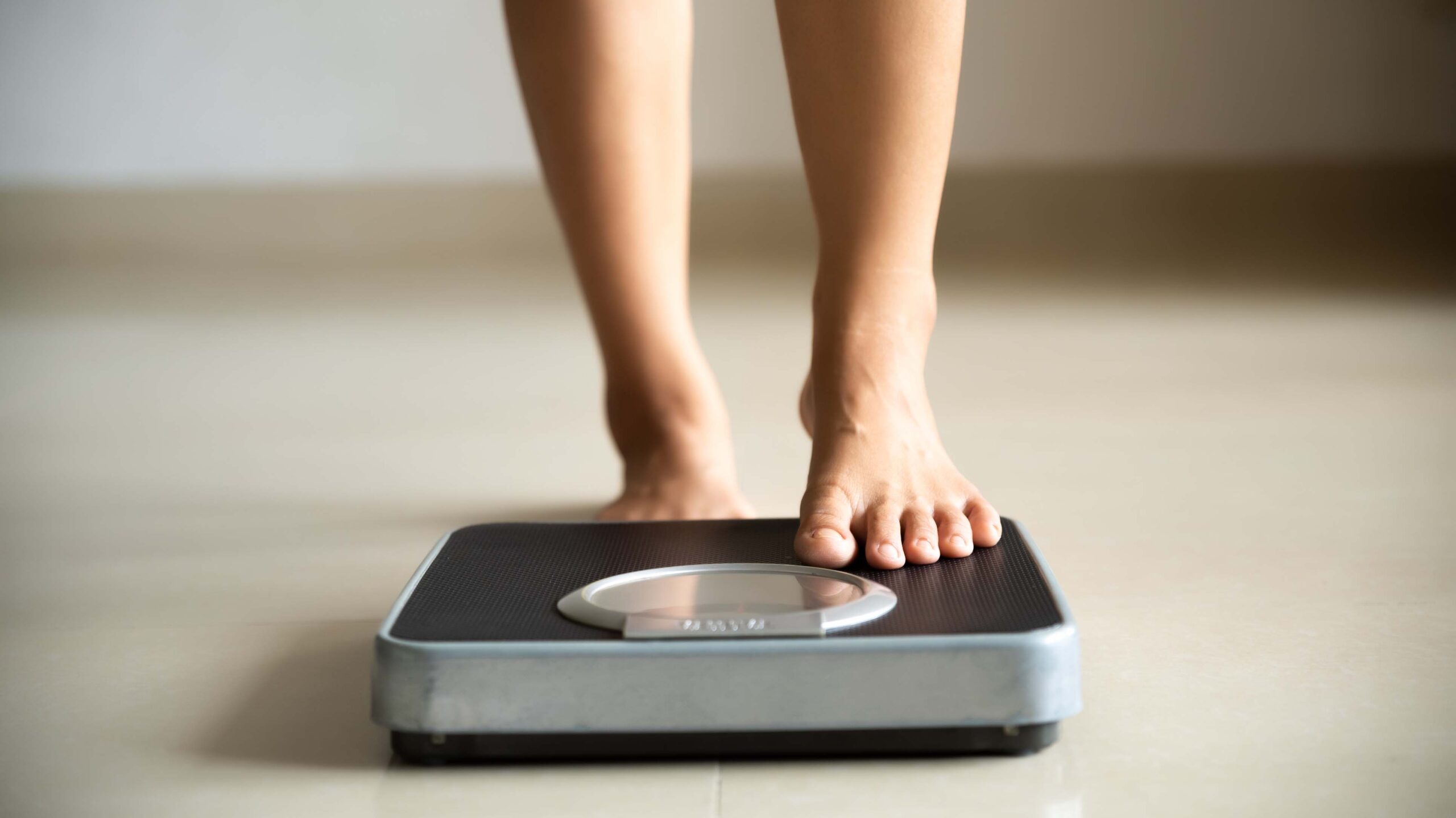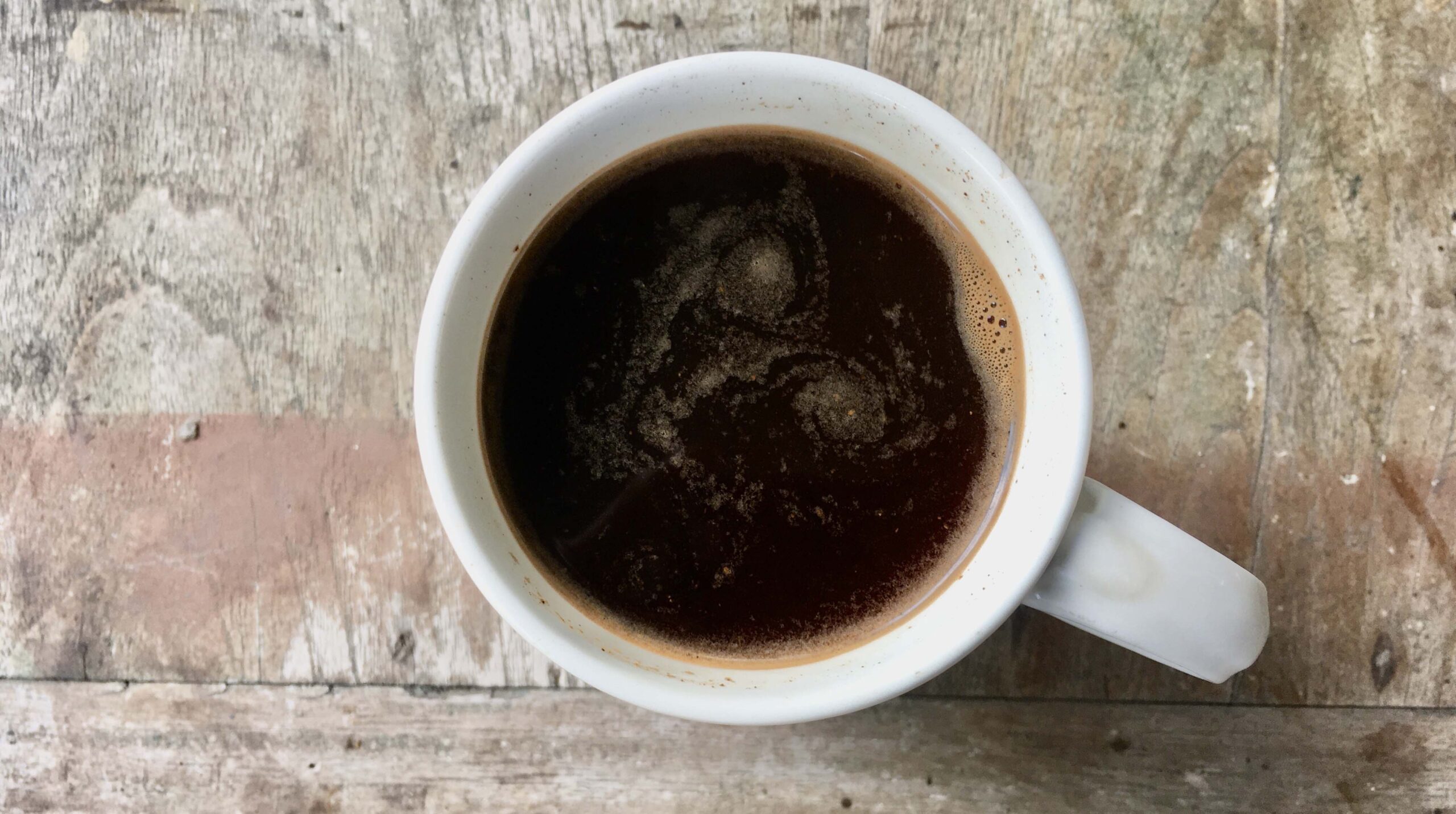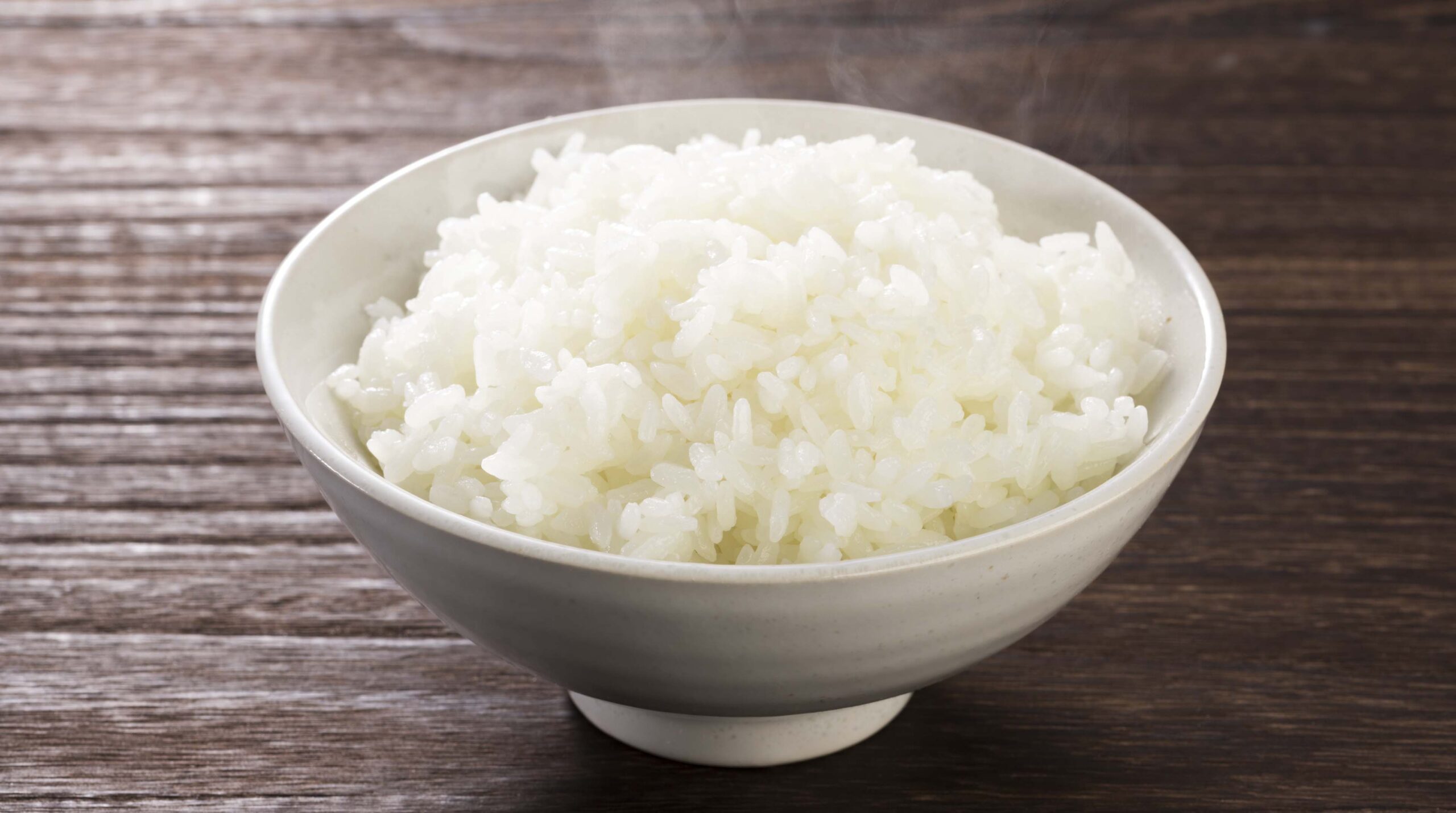
Your Pandemic Pounds. The Quarantine 15. The COVID 19. Whatever you call it, it’s real — the slow and steady weight gain from nearly six months of the pandemic lifestyle. Maybe you’re stress-eating. Maybe you don’t work out anymore because your gym is closed. Maybe you’ve just lost the will to maintain.
It’s understandable, says Andreas Michaelides, chief of psychology at Noom, a weight loss app. “The world is unpredictable right now,” he says. And whatever habits you relied on to maintain a healthy weight prepandemic are likely all askew.
“Doing the same thing in a different environment and expecting the same outcome is a recipe for disappointment,” Michaelides adds. Managing your weight gain, in the midst of a pandemic, is about adjusting expectations.
His solution? “Build one new habit at a time,” he says. Even if you were doing five awesome things for your health before the pandemic, start with one and feel mastery over that before moving on to the next.
Here are eight ways to tweak the habits that got you here in the first place.
Drink more water

Sometimes you’re not actually hungry, you’re thirsty. Drink up! There's plenty of debate about the appropriate amount. One guide is the "8×8 rule": eight 8-oz. glasses per day, or about half a gallon.
Get some sleep

Simply put: Poor sleep begets out-of-whack metabolism, which begets weight gain. Getting a full eight hours every night won’t make you lose weight, but getting enough sleep will make sure your other healthy lifestyle efforts aren’t being sabotaged.
Simplify your coffee

Cut the cream and sugar out of your morning cup(s) of coffee. Black coffee is naturally low in calories — fewer than 5 calories and no fat. But the more milk and sugar you add, the more those calories skyrocket, up to 500 calories for a 20-oz. mocha frappuccino at Starbucks.
Avoid white food

White bread. White rice. White pasta. When it comes to your food, white typically indicates simple carbohydrates and added sugar. Swapping out white foods — known as the No White Diet — and replacing with whole grains helps with weight loss and blood sugar regulation.
Rethink your portions

In the US, in particular, portion sizes are out of control. One study found that the portions of Chinese food in one American city was 72% larger than its counterpart in France — and the US has the obesity rate to prove it. To help visualize what a normal amount of food should be, use your hands as a guide.
Fast

When you eat can be as important as what you eat, when it comes to weight loss. That's one reason why intermittent fasting works so well for so many people. According to one study, intermittent fasting is associated with weight loss of 3% to 8% over the course of three weeks to six months.
Walk

Any excuse to get your 10,000 steps — or more. In one study, participants lost an average of 17 pounds after six months of brisk daily walking.
Just eat

Don’t multitask. Don’t eat while you're doom-scrolling or watching TV. Mindful eating — paying attention to the flavor, texture, and simple pleasure of your food, as well as when you feel full — is an easy route to weight loss. Studies show that weight loss of 9 pounds in six weeks, and 26 pounds in six months, was associated with paying attention to what you eat.




